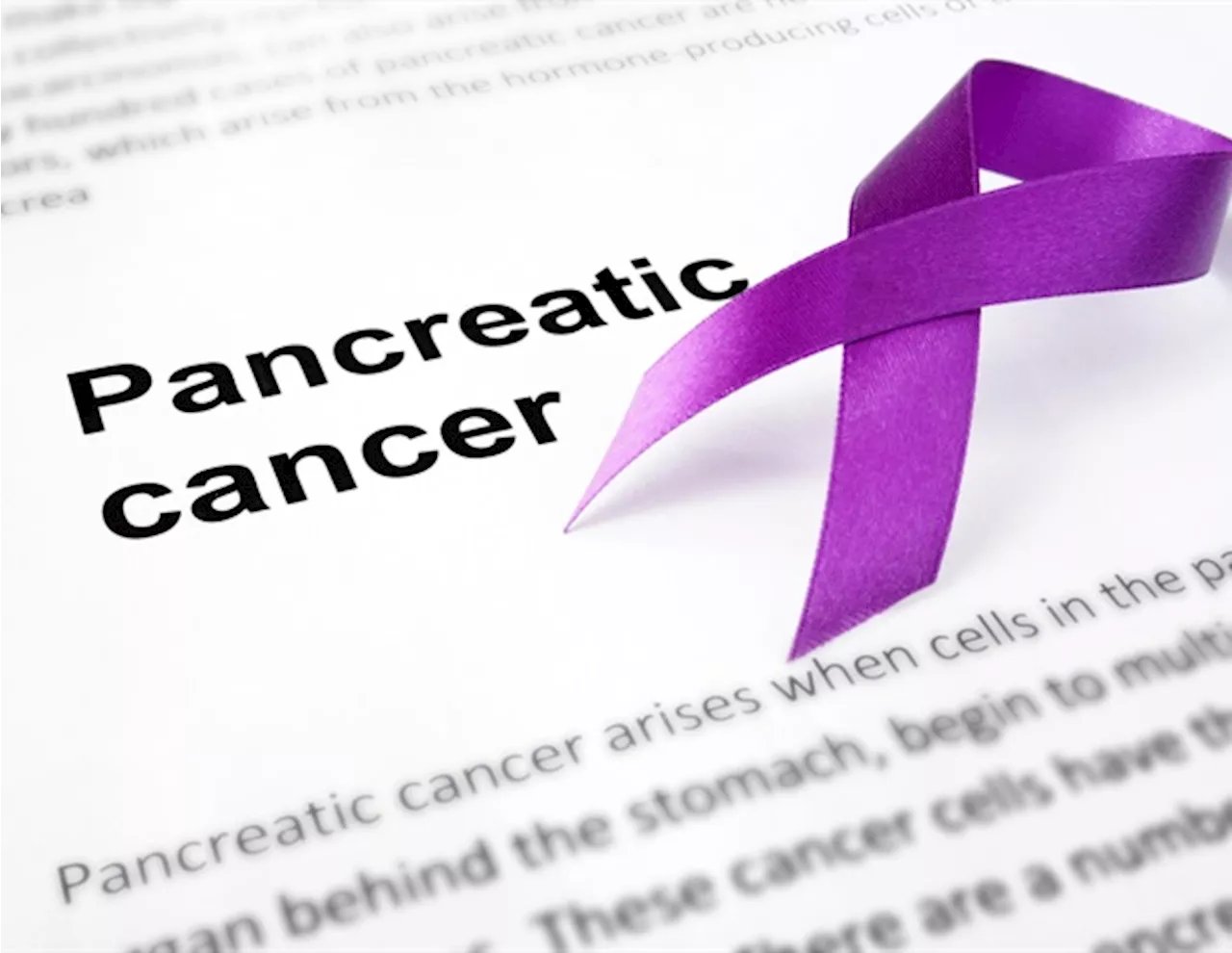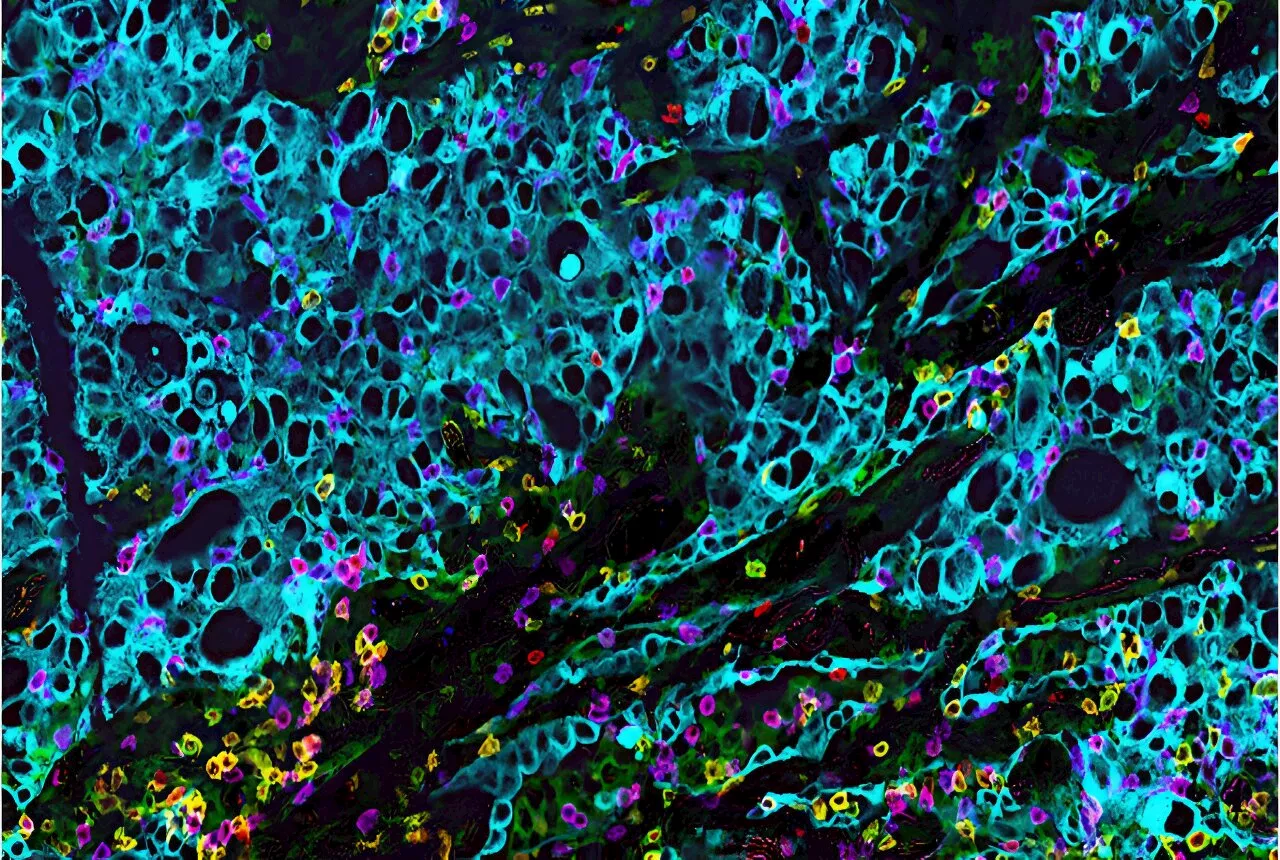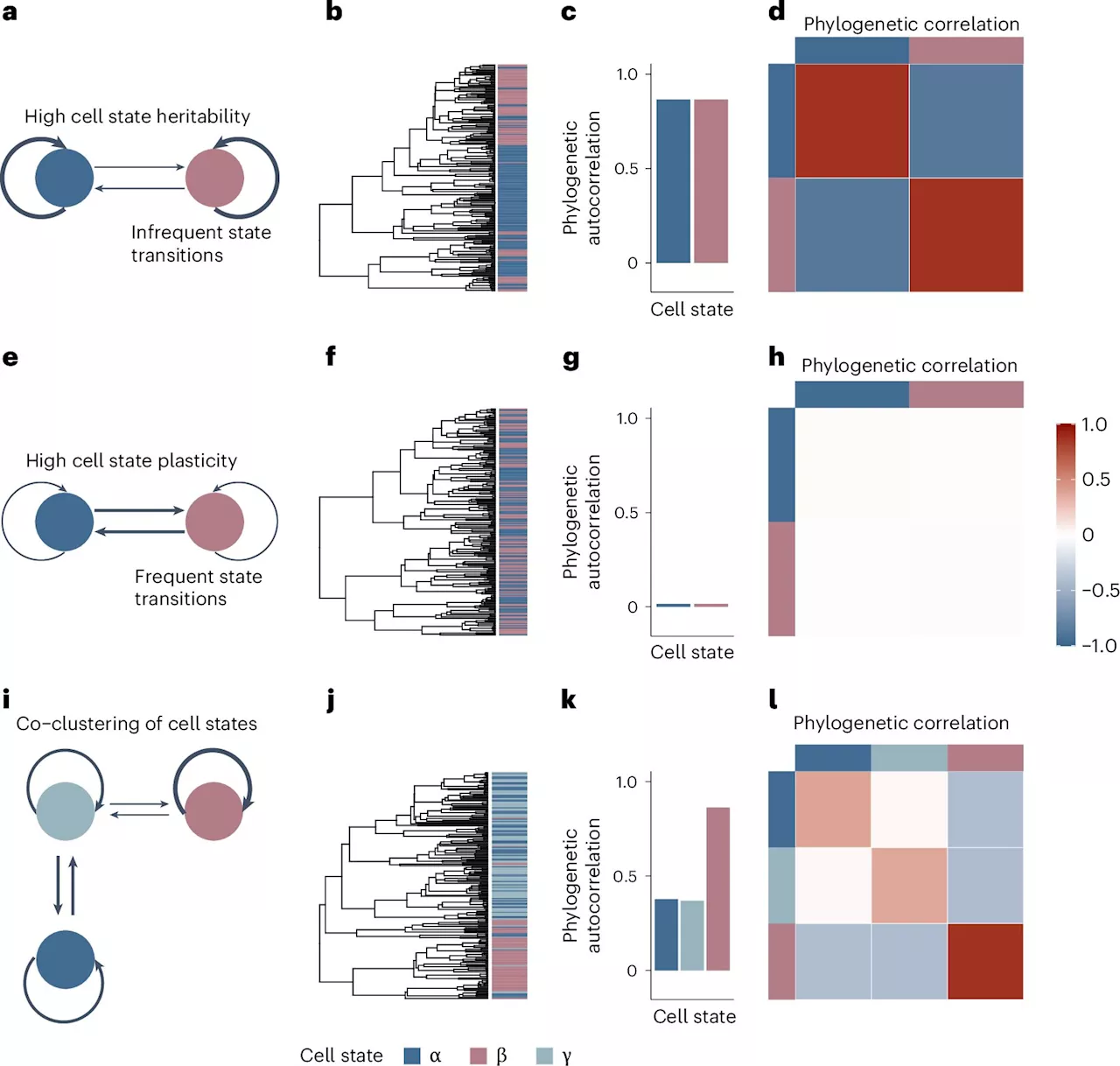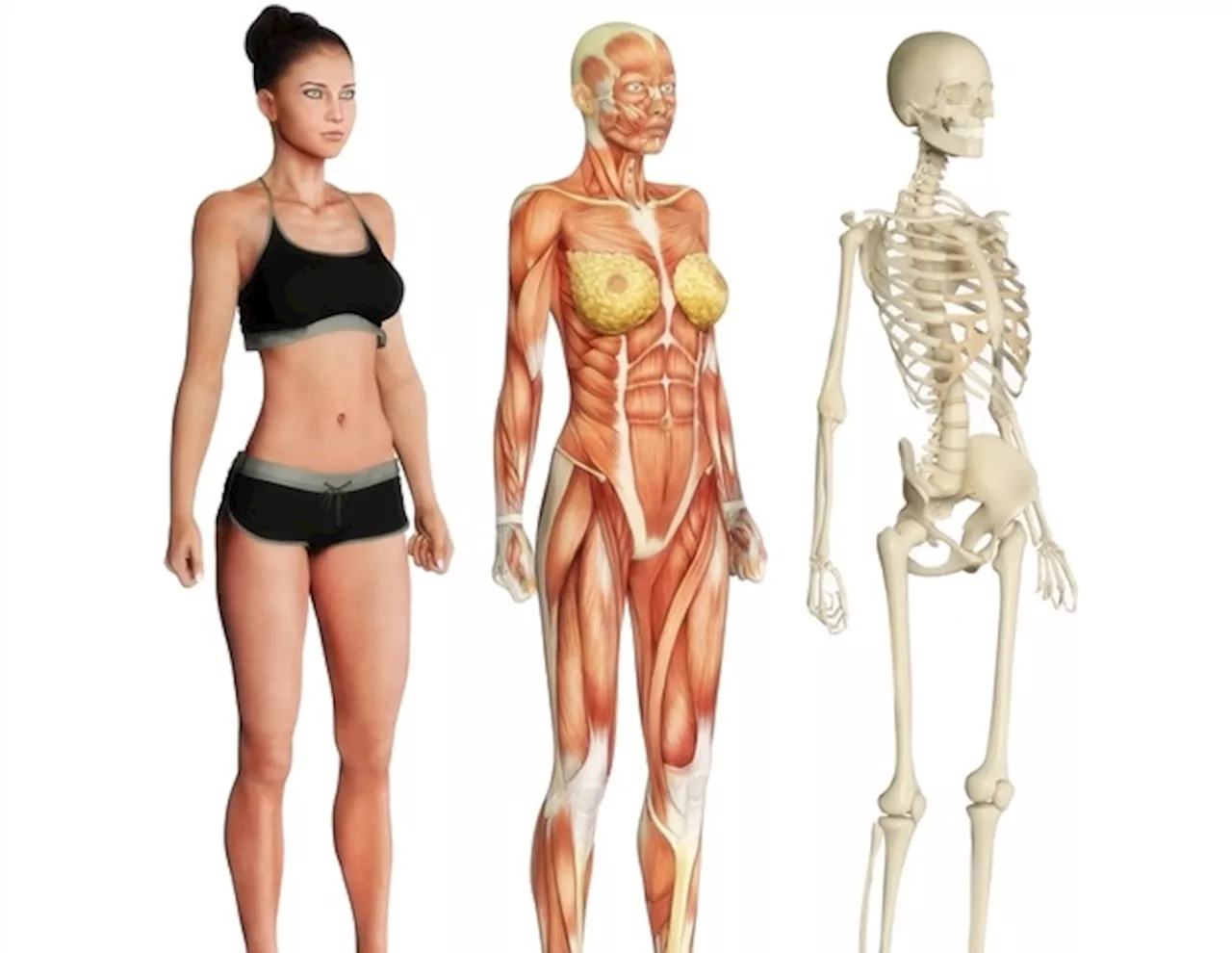How bladder cancer originates and progresses has been illuminated as never before in a study led by researchers at Weill Cornell Medicine and the New York Genome Center.
Weill Cornell Medicine Oct 9 2024 The researchers found that antiviral enzymes that mutate the DNA of normal and cancer cells are key promoters of early bladder cancer development, and that standard chemotherapy is also a potent source of mutations. The researchers also discovered that overactive genes within abnormal circular DNA structures in tumor cells genes drive bladder cancer resistance to therapy.
Dr. Nicolas Robine, director of computational biology at the New York Genome Center, and Dr. Olivier Elemento, director of the Englander Institute for Precision Medicine and a professor of physiology and biophysics at Weill Cornell Medicine, also led the study with Dr. Faltas. The co-first authors were Duy Nguyen, a technician in the Faltas Laboratory ; William Hooper, a bioinformatics scientist at the New York Genome Center; and Dr. Weisi Liu, an instructor in the Faltas Laboratory.
"The exact role of APOBEC3-induced mutations in cancer initiation hasn't been clear," said Dr. Faltas, who is also the chief research officer at the Englander Institute for Precision Medicine and a member of the Sandra and Edward Meyer Cancer Center at Weill Cornell Medicine. "But we found that these mutations appear early in urothelial cancer, occurring even in pre-malignant urothelial tissue." In his lab, Dr.
Related StoriesThis prompted the team to experimentally model an ecDNA version of one of these genes, called CCND1, a master regulator of the cell cycle in the laboratory. The results of these experiments confirmed that CCND1 in this extrachromosomal configuration drives treatment resistance.
Bladder Cancer Cancer DNA Carcinoma Cell Chemotherapy Evolution Gene Genes Genome Laboratory Malignant Medicine Precision Medicine Research Tumor Urethra
United Kingdom Latest News, United Kingdom Headlines
Similar News:You can also read news stories similar to this one that we have collected from other news sources.
 Drug-resistant SARS-CoV-2 variants found in immunocompromised patientsIndividuals with compromised immunity and persistent COVID-19 infections can harbor drug-resistant variants of the SARS-CoV-2 virus, which have the potential to spread to the general population found researchers at Weill Cornell Medicine, the College of Veterinary Medicine at Cornell University and the National Institutes of Health's (NIH)...
Drug-resistant SARS-CoV-2 variants found in immunocompromised patientsIndividuals with compromised immunity and persistent COVID-19 infections can harbor drug-resistant variants of the SARS-CoV-2 virus, which have the potential to spread to the general population found researchers at Weill Cornell Medicine, the College of Veterinary Medicine at Cornell University and the National Institutes of Health's (NIH)...
Read more »
 Antiviral-resistant variants of SARS-CoV-2 can emerge in immunocompromised peopleIndividuals with compromised immunity and persistent COVID-19 infections can harbor drug-resistant variants of the SARS-CoV-2 virus, which have the potential to spread to the general population found researchers at Weill Cornell Medicine, the College of Veterinary Medicine at Cornell University and the National Institutes of Health's (NIH)...
Antiviral-resistant variants of SARS-CoV-2 can emerge in immunocompromised peopleIndividuals with compromised immunity and persistent COVID-19 infections can harbor drug-resistant variants of the SARS-CoV-2 virus, which have the potential to spread to the general population found researchers at Weill Cornell Medicine, the College of Veterinary Medicine at Cornell University and the National Institutes of Health's (NIH)...
Read more »
 The impact of KRAS mutations on pancreatic cancer progression and survivalA common mutation in the KRAS gene is associated with improved overall survival in pancreatic ductal adenocarcinoma (PDAC) compared with other variants, in part because the mutation appears to lead to less invasiveness and weaker biological activity, according to a multicenter study conducted at Weill Cornell Medicine, NewYork-Presbyterian,...
The impact of KRAS mutations on pancreatic cancer progression and survivalA common mutation in the KRAS gene is associated with improved overall survival in pancreatic ductal adenocarcinoma (PDAC) compared with other variants, in part because the mutation appears to lead to less invasiveness and weaker biological activity, according to a multicenter study conducted at Weill Cornell Medicine, NewYork-Presbyterian,...
Read more »
 Metabolic reprogramming of T cells may enhance checkpoint inhibitor therapyStimulating a key metabolic pathway in T cells can make them work more effectively against tumors when combined with immune checkpoint inhibitor therapy, according to a preclinical study led by researchers at Weill Cornell Medicine. The findings suggest a potential strategy for enhancing the potency of anticancer immunotherapies.
Metabolic reprogramming of T cells may enhance checkpoint inhibitor therapyStimulating a key metabolic pathway in T cells can make them work more effectively against tumors when combined with immune checkpoint inhibitor therapy, according to a preclinical study led by researchers at Weill Cornell Medicine. The findings suggest a potential strategy for enhancing the potency of anticancer immunotherapies.
Read more »
 Analytical tool quantifies cancer's ability to shape-shiftA powerful new analytical tool offers a closer look at how tumor cells 'shape-shift' to become more aggressive and untreatable, as shown in a study by researchers at Weill Cornell Medicine and the New York Genome Center.
Analytical tool quantifies cancer's ability to shape-shiftA powerful new analytical tool offers a closer look at how tumor cells 'shape-shift' to become more aggressive and untreatable, as shown in a study by researchers at Weill Cornell Medicine and the New York Genome Center.
Read more »
 New molecular map offers insights into human physiology and diseaseScientists at Weill Cornell Medicine in Qatar (WCM-Q) have created an intricate molecular map of the human body and its complex physiological processes based on the analysis of thousands of molecules measured in blood, urine and saliva samples from 391 volunteers.
New molecular map offers insights into human physiology and diseaseScientists at Weill Cornell Medicine in Qatar (WCM-Q) have created an intricate molecular map of the human body and its complex physiological processes based on the analysis of thousands of molecules measured in blood, urine and saliva samples from 391 volunteers.
Read more »
